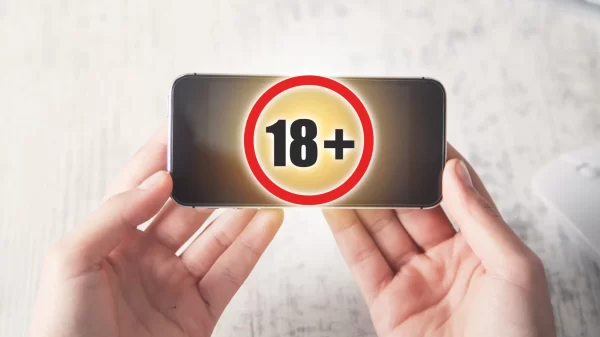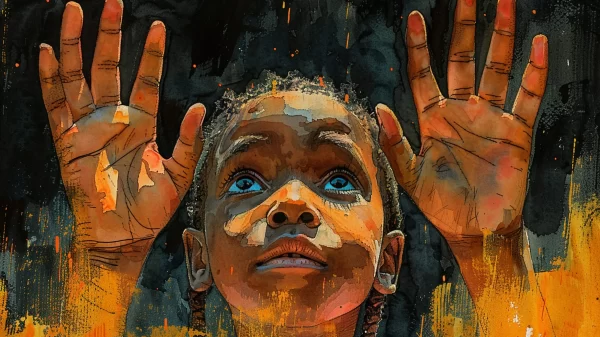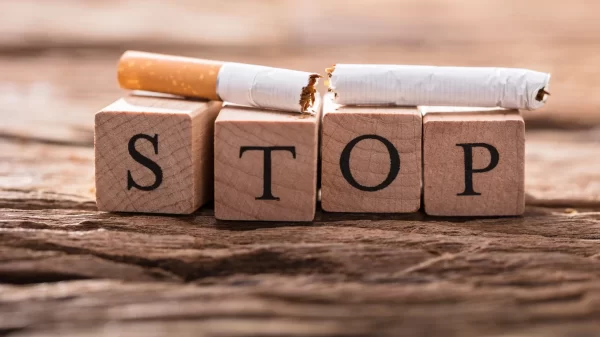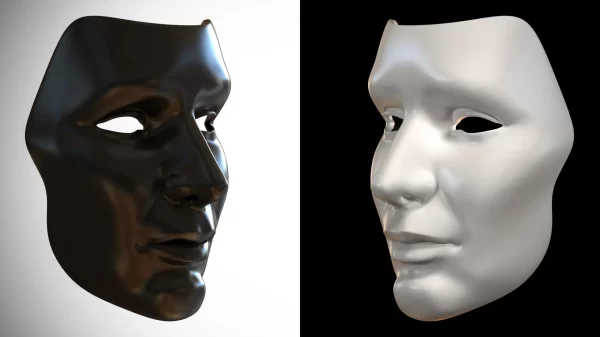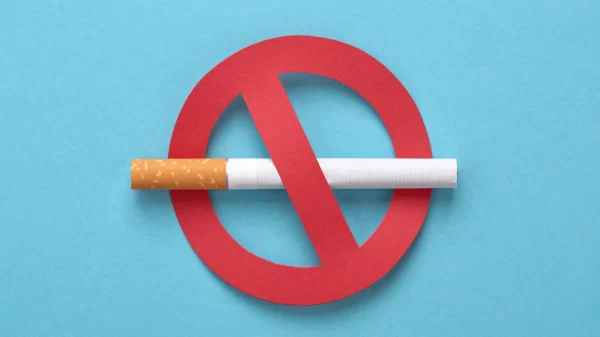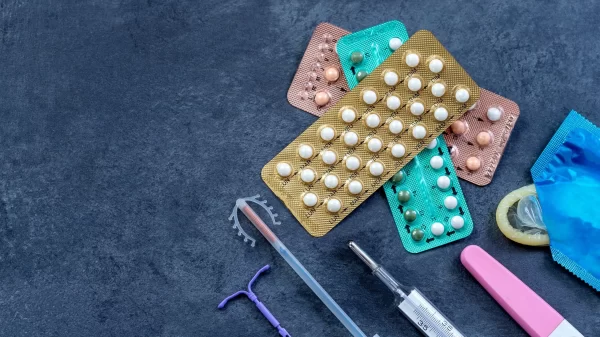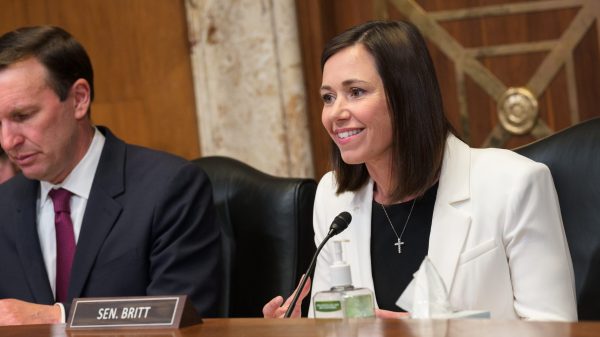By Bill Britt
Alabama Political Reporter
Representative Patricia Todd (D) 54th District, Jefferson County, has called for legislation that would make medical marijuana legal in Alabama. To be called the “Michael Phillips Compassionate Care Act,” Todd says that this act is designed to, “Alleviating the pain, nausea, and other symptoms associated with a variety of debilitating medical conditions.”
The bill is named after Millbrook resident Michael Paul Phillips who died on Sunday December 9, 2007. He was 38 years old, according to former Libertarian Gubernatorial Candidate Loretta Nall.
On her blog (http://nallforgovernor.blogspot.com/), Nall writes, “He was born with an inoperable brain tumor that caused multiple seizures on a daily basis. He had taken every seizure medication known to humankind, and a few that were not, to no avail. Medical marijuana was the only thing on earth that reduced the number and severity of his seizures. He survived 4 different and unsuccessful brain surgeries that resulted in major injury to his brain causing him to have problems communicating, understanding and slowing his motor skills and coordination.”
Republican K.L. Brown (R-Calhoun) is sponsoring a separate medical marijuana bill; the Alabama Medical Marijuana Patients Rights Act. The AMMPRA has been filed in the Alabama House and as HB-66.Mr. Brown did not return repeated calls to his office and work.
Todd who works for an HIV organization said, “I have seen a lot of people die a miserable death and some benefited from the use of marijuana. I also believe that it can be very beneficial for people who suffer from cancer and migraines.”
Medical marijuana is legal in Alaska, California, Colorado, Hawaii, Maine, Michigan, Montana, Nevada, New Jersey, New Mexico, Oregon, Vermont, Rhode island, and Washington.
Many advocates including many doctors believe that the chemical properties present in marijuana make it ideal for treating certain debilitating diseases.
Todd said, “There is proof that that is true. Let’s remember that marijuana was legal prior to 1920s or 30s that’s when they made it illegal.
It is a far different drug than alcohol, far safer, and it’s natural. To me it is a no brainier.” She further stated that “most people that I have talked to, if they have ever had a loved one die especially from a disease like cancer they get it. They are like ‘Yeah, I would have done anything to stop that pain.’”
“There are really three factors,” said Todd, “There are people who haven’t experienced a death so they really don’t get it. There are those so afraid of their constituents that they run away from the issue and the third ones are the ones that don’t know anything about the drug and think that it makes people crazy and that you are going to get addicted and then you are going to start doing heroin or something.”
On March 19, 2004, the American Nurses Association (ANA) wrote the following in its “Position Statement: Providing Patients Safe Access to Therapeutic Marijuana/Cannabis,” posted on the ANA website: “The American Nurses Association (ANA) recognizes that patients should have safe access to therapeutic marijuana/cannabis. Cannabis or marijuana has been used medicinally for centuries. It has been shown to be effective in treating a wide range of symptoms and conditions.”
Not everyone would agree with Todd or the ANA, especially those who are on the frontline of law enforcement and the criminal justice system. District attorney for the 24th circuit Chris McCool said, “As a member of law enforcement, as district attorney for the 24th circuit, I can speak to my opinion to the legalization of any form of marijuana. I don’t think it is a good idea. I think it is a bad idea.” McCool, also the current president of the Alabama District Attorney’s Association, stated that law enforcement does not make law, that is a function of the legislature, that law enforcement is charged with enforcing the law.
McCool said, “When I first started prosecuting, marijuana was a big thing. It hasn’t been long ago, I started in 1995 back then marijuana was every bit as novel a drug as cocaine or meth is today or even the newer drugs like “spice.”
McCool said that today there is not as much focus on marijuana anymore because of the vast number of drugs that are more addictive and destructive.
“Now, the problem with marijuana is this though, you hardly see anybody doing these other drugs that didn’t start with marijuana or isn’t also using marijuana. It’s a gateway drug that leads you down a path that will end up in heartache and misery. So my opinion is, why start down that path at all.
There are other drugs, other therapies that can be utilized that don’t give official sanction to a drug that is a gateway drug like marijuana. So that is my way of looking at it,” said McCool.
The bill offered by Todd states that, “State law should make a distinction between the medical and non-medical uses of marijuana. Hence, the purpose of this act is to protect patients with debilitating medical conditions, as well as their practitioners, caregivers, and providers, from arrest and prosecution, criminal and other penalties, and property forfeiture if such patients engage in the medical use of marijuana.”
Under this legislation a patient possess up to two and one-half ounces of usable marijuana and may grow up to six mature and six immature marijuana plants.
Many believers in medical marijuana think that state laws are denying people who are sick an additional tool to fight suffering.
McCool expressed compassion for anyone that was suffering from any illness. But said, “I went to law school not medical school. All I know is what I see.”
McCool also said, “I grew up in the country and water moccasins are dangerous and deadly. They are deadly when they bite you. Sure, I could keep one in a cage in the house and hope is doesn’t get out and cause any problems but why do it. That is my simple way of looking at it.”
Todd said that she is understanding of law-enforcement’s concerns and wants to work with them on their issues. “The one obstacle we have with the bill is law enforcement. There concern is how do the people get the drug, how is it monitored and that is a legitimate concern and we are continuing to dialog about that.”
This is not the first time that Todd has tried to pass a medical marijuana bill in the House. It is however, the first time she had been joined by a Republican house member.
So far her attempts have been unsuccessful but Todd is known as a smart, thoughtful and passionate advocate and so is expected to keep up the mission that she believes in.












